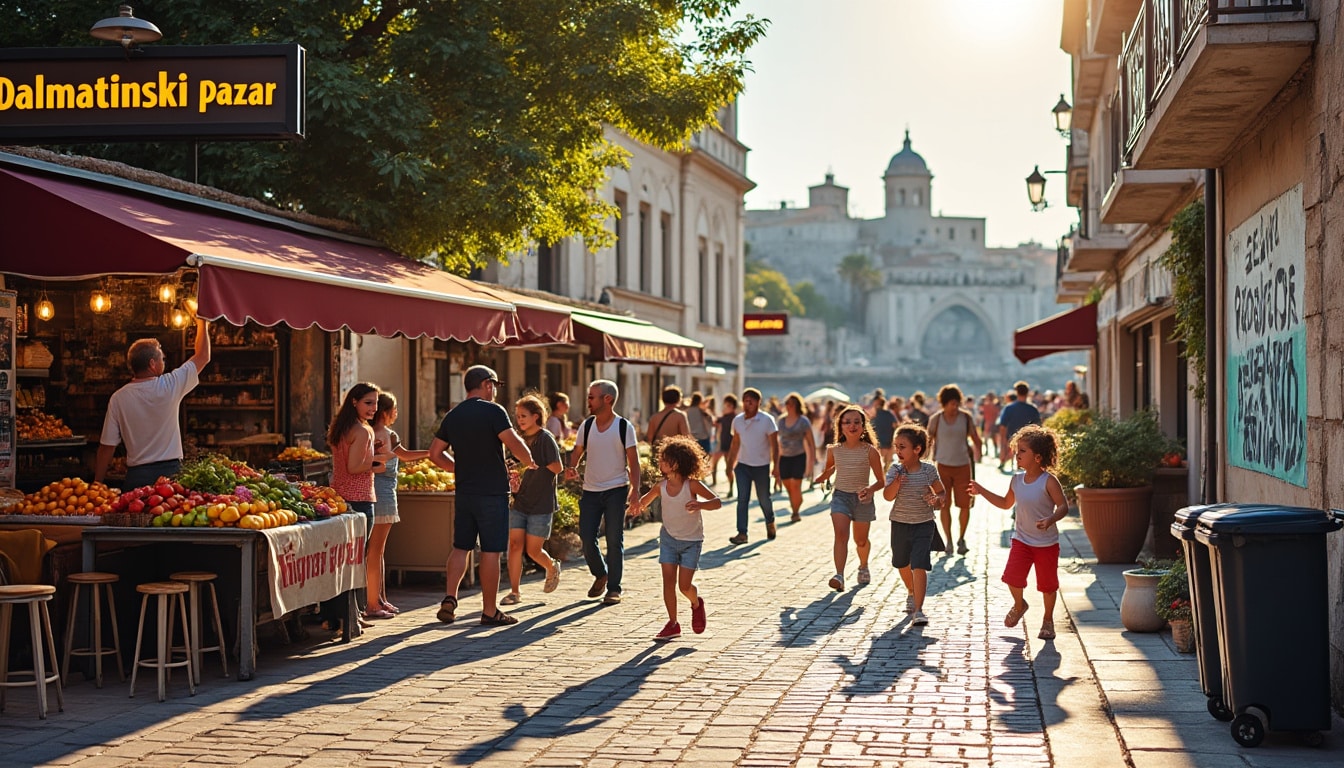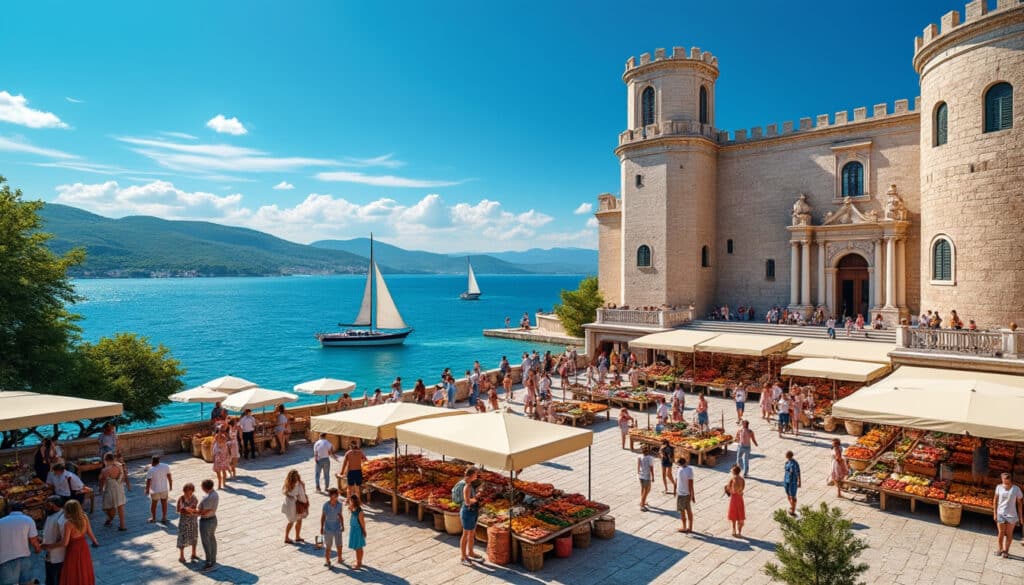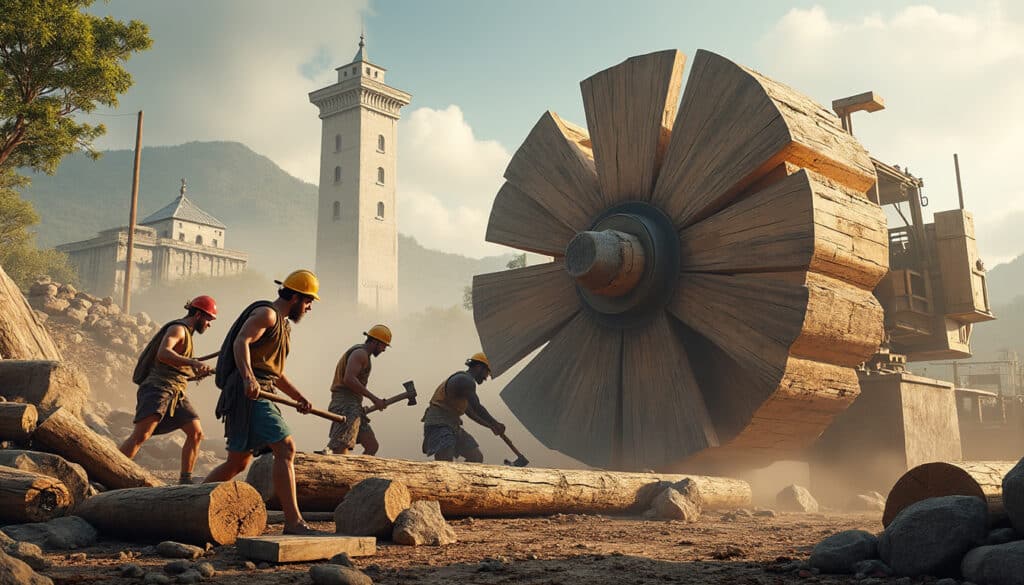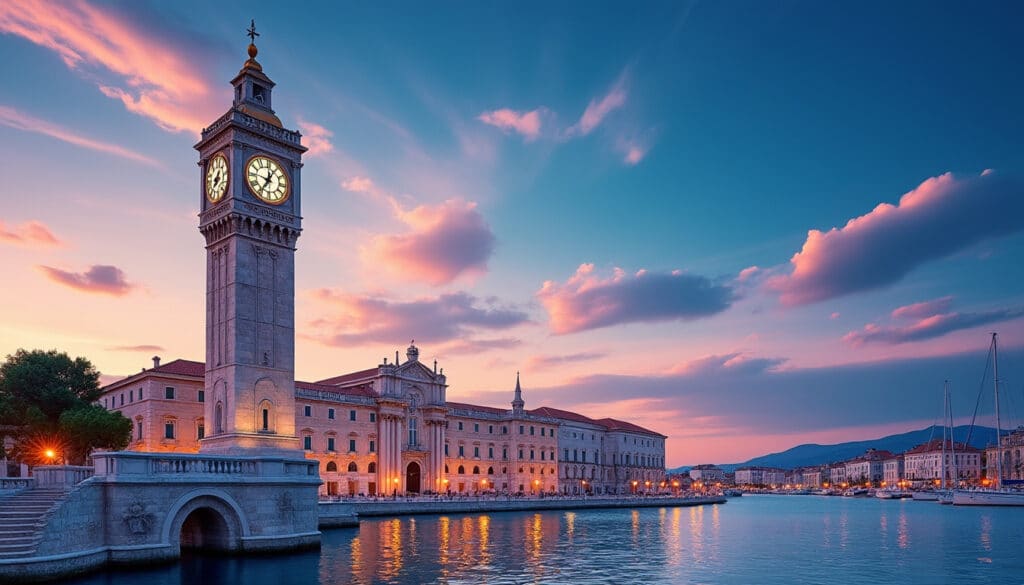Located on the stunning Dalmatian Coast, Split, Croatia is a place that mesmerizes with its rich historical tapestry and thriving cultural scene. This unique city has evolved over the centuries while preserving its fascinating essence. Discover a plethora of unusual facts and understand the intricate social issues that play a part in shaping modern-day Split. From the breathtaking Diocletian’s Palace to vibrant art, transnational influences, and local legends, Split offers a wealth of intriguing stories and cultural insights.
Historical Oddities and Cultural Insights in Split
Split is a city where ancient history meets contemporary vibrancy, and there’s no better testament to this than the presence of Diocletian’s Palace in the heart of the city. Built over 1,700 years ago for Roman Emperor Diocletian’s retirement, it stands as a symbol of Split’s enduring heritage. Diocletian’s Palace is not just a marvel of Roman architecture; its underground passages were used for scenes in the famous Game of Thrones series, attracting television fans from across the world.
Interestingly, the palace was constructed over natural hot sulfur springs, giving rise to a unique phenomenon. The strong sulfur scent often discerned along the Riva—the city’s famous promenade—quaintly connects modern-day Croatia with its Roman past. While this spontaneously erupts jokes about rotten eggs among visitors, it ultimately enriches Split’s cultural allure.
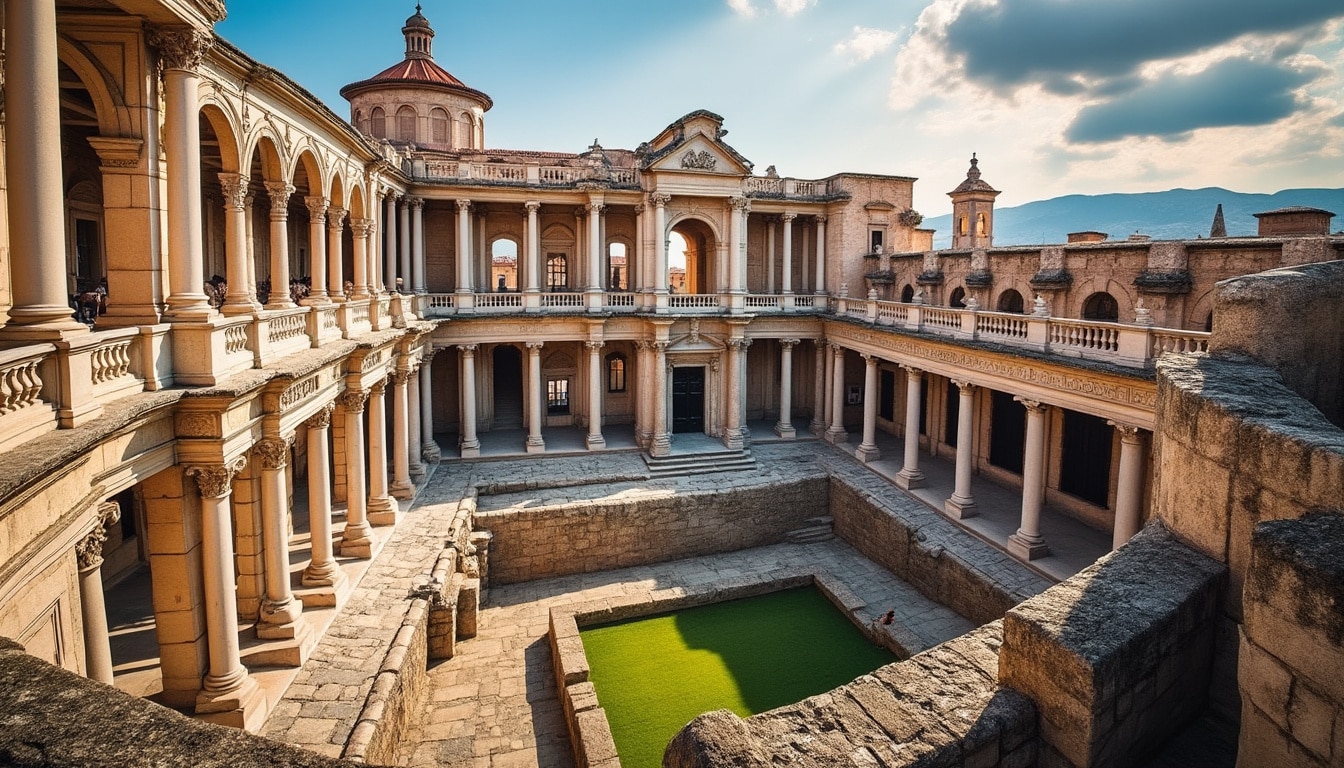
But not all historical artifacts in Split have survived intact. In the fervor of the early Middle Ages, locals destroyed pagan artifacts, aiming to erase any remnants of Rome’s persecution of Christians. This act of cultural erasure is lonely marked by the beheaded sphinx brought from Egypt by Diocletian himself as a war trophy in 297 A.D. Despite the passage of time, the untold stories encapsulated in such ruins offer a testament to the complex interactions between tradition, history, and identity.
The Influence of Art and Architecture
Art and architecture are at the heart of Split’s cultural narrative. From ancient Roman designs to the intricate Gothic and Renaissance structures that dot the city, Split is a mélange of styles and epochs. The beautiful Bell Tower of St. Domnius, a 13th-century icon, is a sterling example of Split’s medieval past and offers breathtaking panoramic views of the city.
Aside from the architectural marvels, Split stands out as a vibrant cultural hub. It’s home to numerous art galleries and museums, giving art enthusiasts plenty to explore. The Ivan Meštrović Gallery, for instance, showcases the renowned Croatian sculptor’s work, contributing to the city’s reputation as a Croatian Heritage Hub. Within Split’s City Museum, visitors can also explore the city’s development from ancient Greek to Roman and modern times, whereas the local Jewish cemetery established in 1573 is one of the oldest in Europe, adding layers to the city’s diverse history.
- 🖼️ Diocletian’s Palace – Marvel at the intersect of history and architecture.
- 🏛️ Bell Tower of St. Domnius – Witness the city’s past through panoramic views.
- 🎨 Ivan Meštrović Gallery – A celebration of Croatia’s artistic genius.
The city’s passion for art and culture is unmistakable. Split continues to serve as an active participant in the global creative scene, showcasing Dalmatian Stories through various international films that utilize the city’s unique landscapes. Whether for its enduring cultural significance or its picturesque architecture, Split’s charm is undeniably spellbinding.
The Role of Split as a Mediterranean Crossroads
Split’s strategic location has allowed it to function as a crossroad for numerous cultures over centuries. Numerous powers such as the Byzantines, Venetians, Austrians, and others have ruled the city, leaving indelible marks on its socio-cultural framework. Each influence has enriched Split’s cultural consciousness, evident in its diverse customs, culinary practices, and language.
One of the lesser-known facts about Split is the existence of the Split dialect. Known for its distinct pronunciation and vocabulary, the dialect signifies a historical intersection among Roman, Venetian, and Slavic languages. Split has also been home to some truly curious historical figures and events. The renowned inventor Nikola Tesla attended school here, adding to the city’s intellectual lineage.
From an economic standpoint, Split was once a major maritime commerce center during the 16th to the 17th centuries. This was largely due to the efforts of Danijel Rodrigo, a significant figure in maritime trade, who convinced the Venetian rulers to establish a quarantine and transshipment center in the city. Although this system had its flaws, as evidenced by the 1607 plague that significantly reduced the city’s population, Split could become an affluent trade portal in the Mediterranean.
| 🗓️ Influential Era | 🌍 Dominant Power | 🌐 Cultural Impact |
|---|---|---|
| 9th-20th century | Byzantine, Venetian, Austrian | Architectural styles, linguistic influences, and commercial prosperity |
| 16th-17th centuries | Venetian | Maritime trade and multicultural exchanges |
| 20th century | Yugoslavia | Transformation into a modern Adriatic city and hub |
It is vital to acknowledge the influence that various dominions had, as well as their lasting legacies. Through understanding its shared yet uniquely Croatian story, travelers and residents alike can cultivate Adria Awareness and appreciate the city’s regional narratives.
Social Dynamics and Emerging Issues
Split’s social landscape is as dynamic as its archaeological treasures, replete with both new challenges and old issues being reshaped by modern sensibilities. As the economic and cultural center of the region, it’s imperative to delve into the city’s pressing social issues and how they are addressed by the community.
One prevalent theme is the balance between tourism and local life. As tourism booms, Split faces the challenge of preserving its local charm while accommodating waves of visitors. The vibrant Riva promenade, lined with cafes and shops, reflects the duality of Split as both a tourist hotspot and a daily gathering spot for locals. This juxtaposition of influences gives rise to emerging social issues such as increased living costs and the preservation of cultural identity. The rise in property prices, driven by short-term vacation rentals, has sparked debates within the community about maintaining access to affordable housing for residents.
Further, Split is renowned for its hospitality, ingrained in its local culture. Yet, this is paired with the societal expectations of Croatian values, sometimes leading to cultural misunderstandings between tourists and locals. Initiatives like Split Social Compass aim to bridge these gaps by fostering mutual respect and understanding, ensuring that both residents and visitors can share in a positive experience.
- 🏖️ Tourism vs. Local Life – The balance of hospitality and preservation.
- 🏡 Rising Real Estate – An emerging issue in urban planning and community well-being.
- 👐 Hospitality & Cultural Exchange – Bridging immediate cultural differences.
The conversations around these dynamics are integral to shaping the future social landscape of Split. Civic initiatives, with voices from both residents and governing bodies, are emerging to address these challenges and facilitate dialogue around shared values and sustainable development.
Modern Festivals: A Fusion of Tradition and New Influences
While Split honors its history, it thrives on its vibrant modern atmosphere through a diverse array of festivals and cultural activities. These events highlight the city’s potential as a Local Legends Media hub that harmonizes old and new influences synergistically.
Among the most anticipated events is the Split Summer Festival. This month-long celebration from mid-July to mid-August features theater performances, concerts, and art exhibitions, opening avenues for collaborations between local and international artists. Staged in historical settings like the Peristyle, these events foster a blend of generations, energizing the city’s cultural spectrum.
Another dynamic event that echoes across modern Split is the Ultra Music Festival. Attracting thousands of attendees each year, it anchors Split as a prime destination for electronic music fans. Yet, in response to social calls for more intimate and heritage-driven events, the Split Storytellers Festival enables writers and performers to share narratives rooted in the local experience, providing a space for genuine cultural exchange.
| 🎉 Festival | 🗓️ Time of Year | 🌟 Highlights |
|---|---|---|
| Split Summer Festival | July-August | Theater, music, art |
| Ultra Music Festival | July | Electronics, international DJs |
| Split Storytellers Festival | Various Dates | Narrative performances, cultural exchange |
These festivals embody the essence of Split as a thriving cultural entity—where age-old traditions can coexist with new waves of influence, and where Empathy Croatia finds its contextual home among community and visitors. Moreover, Split’s rich culinary heritage further plays a central role in these festivals, with local dishes like pašticada and seafood specialties teasing palates and symbolizing the connection to its Adriatic roots.
Unity Through Sport and Community Engagement in Split
Split is unmistakably a sports haven, cultivating a strong sense of community engagement and local pride. Sporting activities, ranging from football to water polo, are celebrated with vigor throughout the city. Central to this enthusiasm is Hajduk Split, the local football club whose fervent fans—Torcida—are known to be Europe’s oldest organized supporters’ group established in 1950.
The city’s vibrant sports culture thrives alongside traditions, offering platforms like the ‘Split’s Sports Walk of Fame’ for recognizing outstanding athletes. The spirit of competition is matched only by the sense of solidarity among the residents. Through sports, Split weaves a narrative of identity resilience and collaboration.
- ⚽ Hajduk Split – The community lifeline through football.
- 🏅 Olympic Achievements – Split’s prominent contribution to Croatian sports.
- 🏊 Water Polo – Water sports central to Split’s coastal culture.
Beyond the global sports scene, the city promotes active living through outdoor activities in the Marjan Forest Park, scenic hills, and nautic avenues. Engaging the youth and encouraging participation are pivotal elements in fostering a legacy of inclusive sportsmanship.
Moreover, cultural and civic engagement through projects like Civic Voices Split ensure that sports have a lasting impact not only on the region’s identity but on its future discourse. As Split continues to grow as a city, it does so as a unified hub that embraces both competitive and collaborative spirits.
FAQs
- What is the best time to visit Split for festivals?
The ideal time to visit Split is during the summer months, particularly from July to August, to enjoy the Split Summer Festival and Ultra Music Festival.
- How does Split balance tourism and local life?
Initiatives like Split Social Compass work to balance tourism and local attractions by fostering cultural exchanges and promoting sustainable tourism practices.
- What are the popular sports in Split?
Football, water polo, and sailing are among the most popular sports in Split, underscoring the city’s reputation as a vibrant sports hub.

Fun Facts & Curiosities About Split
Split, Croatia, is a vibrant coastal city offering an enchanting blend of history, culture, and natural beauty. With its ancient roots, Split captivates visitors with its Roman-era Diocletian’s Palace, stunning Adriatic views, and rich cultural tapestry. This bustling city aligns…

Architecture and urban features of Split
The city of Split is renowned for its architectural diversity, which seamlessly combines elements from the Roman era to the modern day. This fusion is not just a testament to the city’s rich history but also to its ability to…
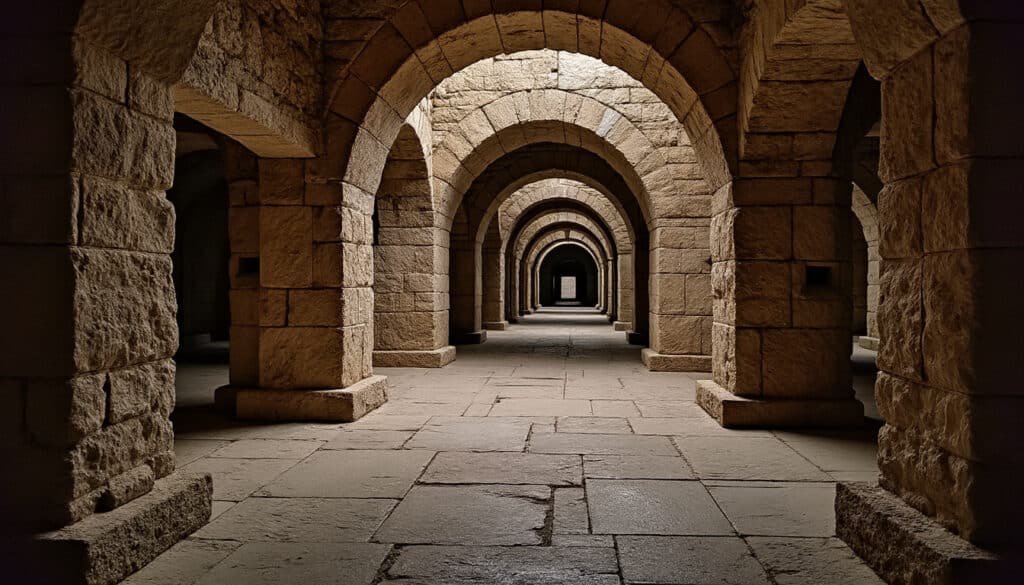
Split, Croatia, is a city that effortlessly weaves together rich history, stunning landscapes, and a vibrant lifestyle. Nestled on the Adriatic coastline, Split offers a dynamic blend of ancient charm and modern comfort, making it a remarkable place to experience…
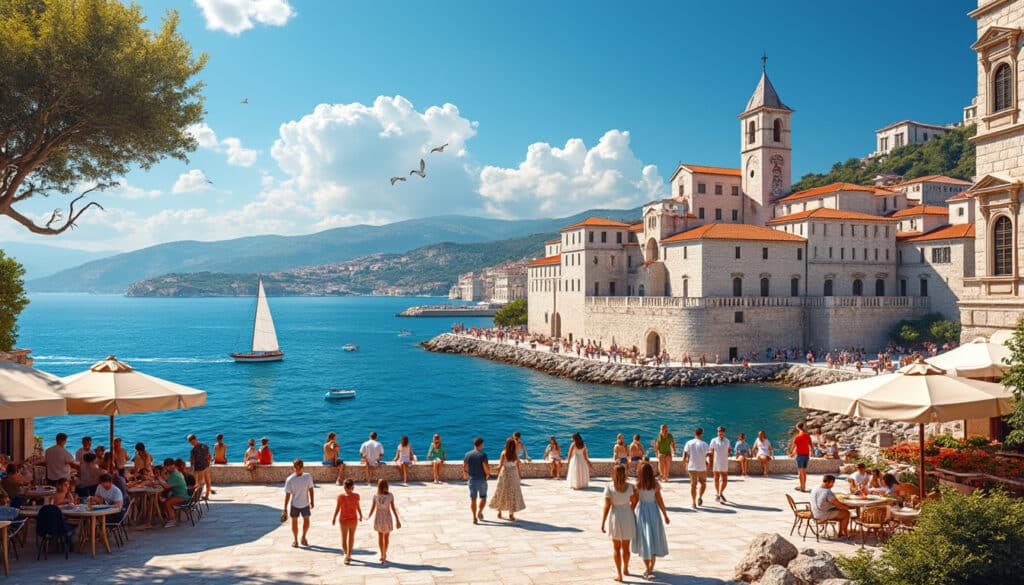
Demographics and geography of Split
Split, the vibrant city located on Croatia’s stunning Adriatic coastline, offers a unique blend of rich history, diverse demographics, and fascinating geography. As one of the key urban centers in Dalmatia, Split serves not only as a cultural and economic…
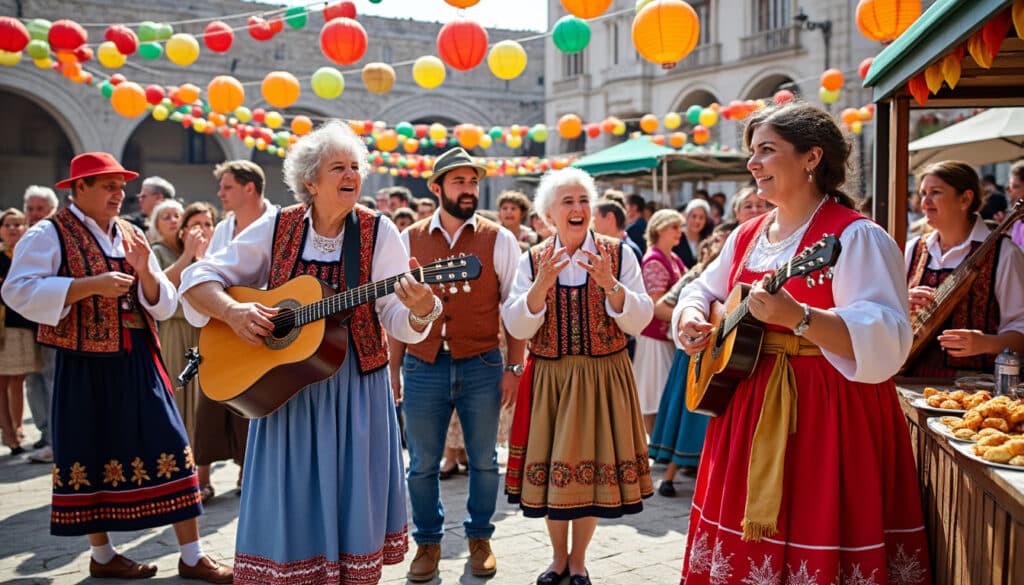
Holidays and celebrations in Split
Split, a vibrant coastal city in Croatia, is renowned for its rich tapestry of cultural celebrations and festive events. Visitors are drawn to the unique blend of historical significance and modern vibrancy that the city’s festivities offer. From elegant theatre…

Language and spelling of Split
Amidst the stunning coastline of Croatia lies the city of Split, a place rich in history and culture. Split’s linguistic tapestry is vibrant, reflecting influences from past empires and modern-day tourism. This article delves into the complexities and beauty of…
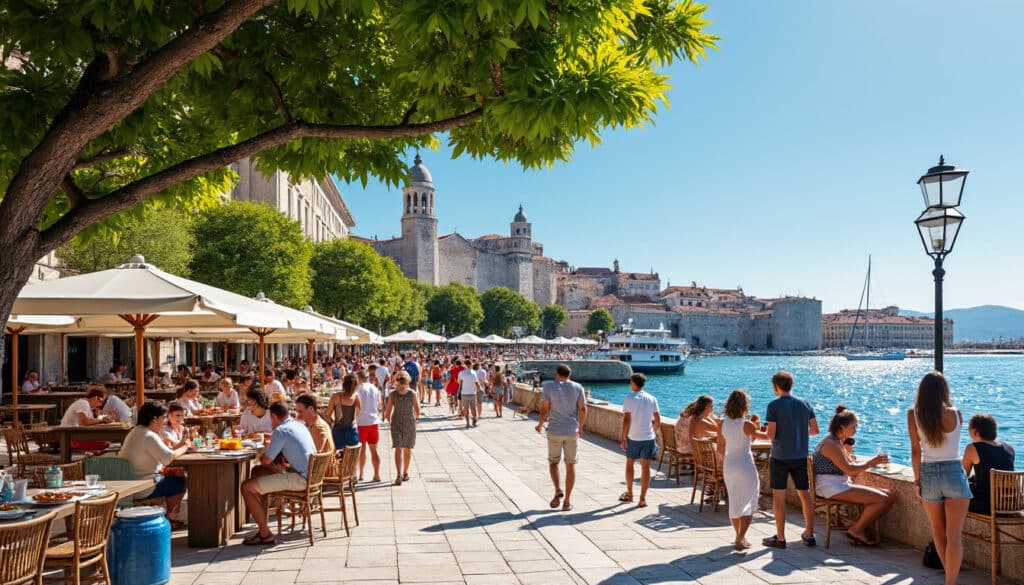
Local tips for tourists in Split
As the sun kisses the Adriatic coast, Split emerges as a vibrant jewel of culture and history. Nestled along the Dalmatian Coast, this enchanting city offers a tapestry of ancient ruins, azure waters, and culinary delights. Embracing both its Roman…
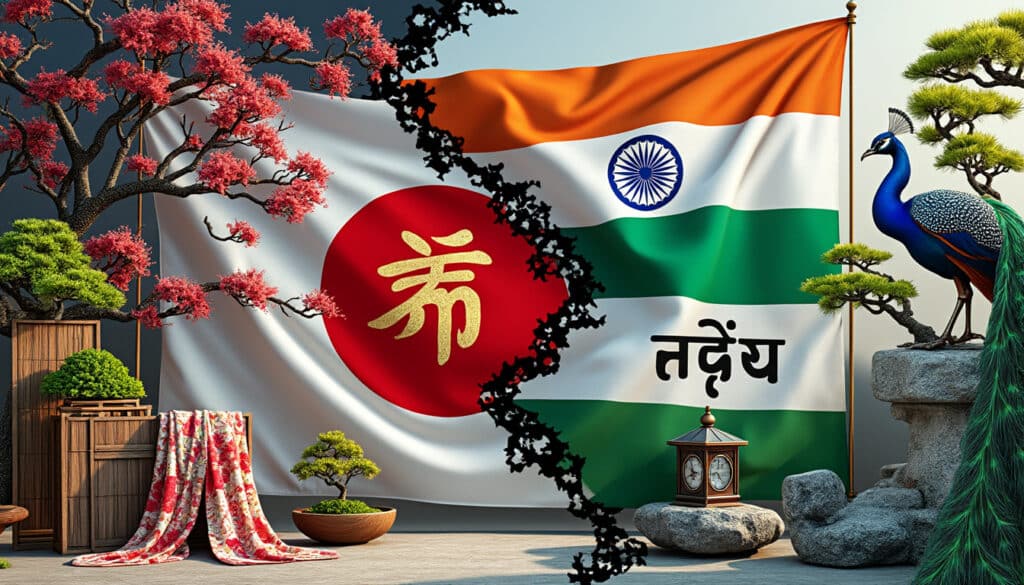
Names, flags, and identity of Split
Welcome to a deep dive into the fascinating world of Split, a city in Croatia beautifully defined by the intertwining of its rich history and evolving identity. In this exploration, we will uncover the stories behind the names, the vibrant…
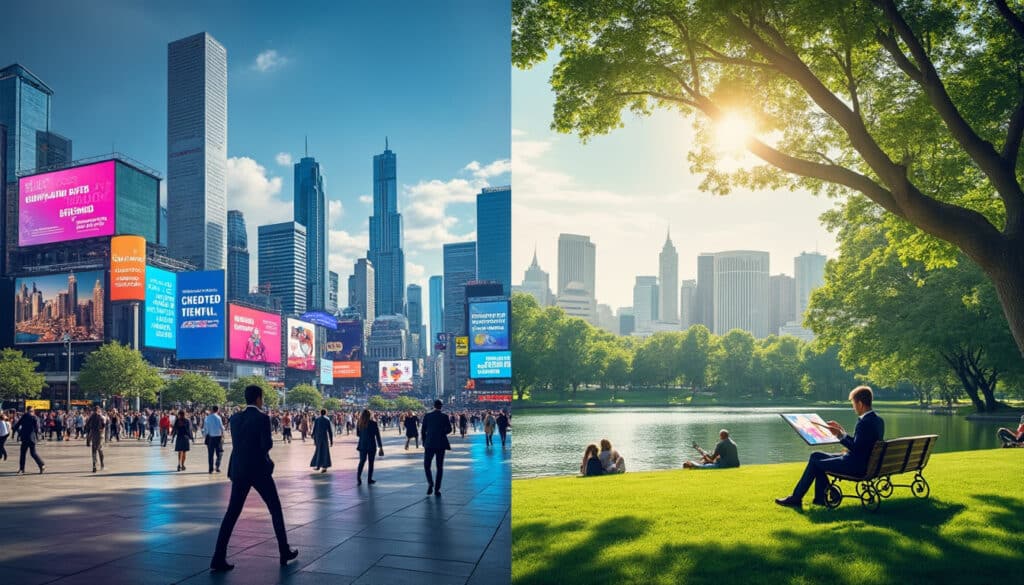
Reputation and identity of Split
Split, a coastal gem in Croatia, is renowned for its ancient charm and vibrant modern life. This city, a blend of rich history and contemporary culture, draws visitors for its stunning natural beauty and the diverse experiences it offers. Known…
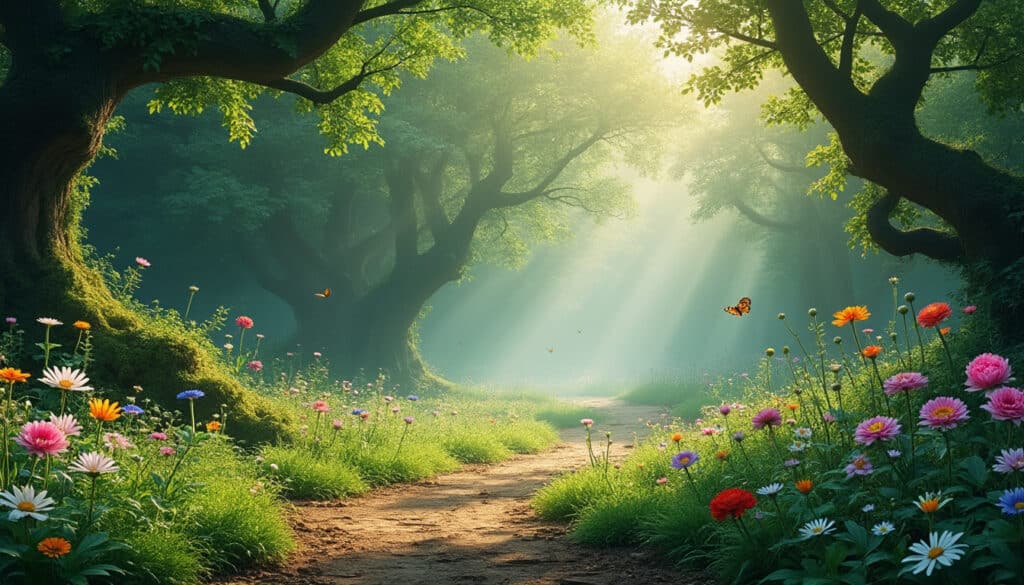
What does Split look, smell, feel like?
Rich in history and brimming with scenic beauty, the coastal city of Split in Croatia invites travelers to explore its multifaceted charm. From its breathtaking landscapes to its vibrant cultural tapestry, Split offers a sensory experience that captivates the soul.…

